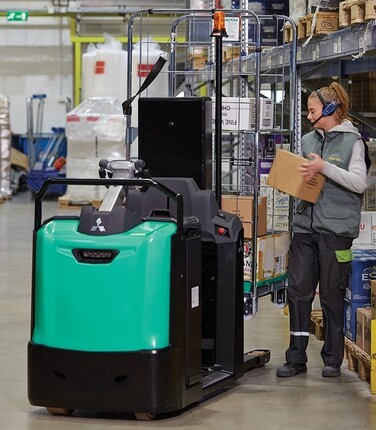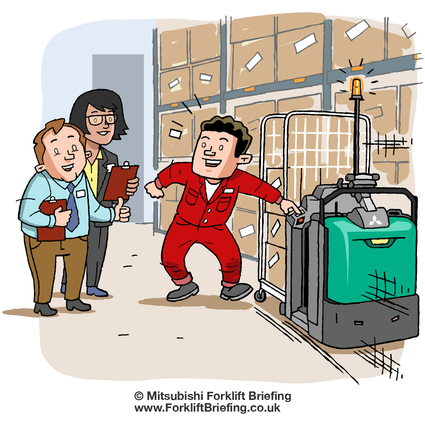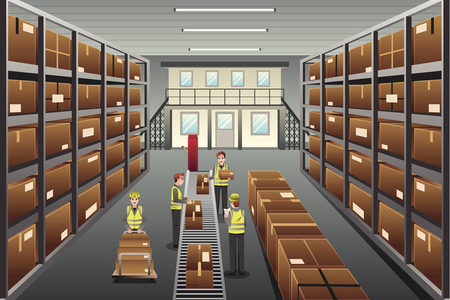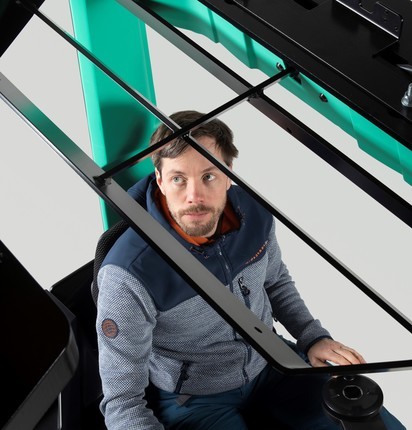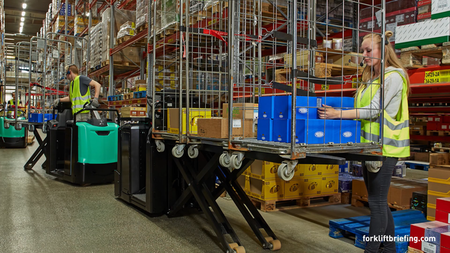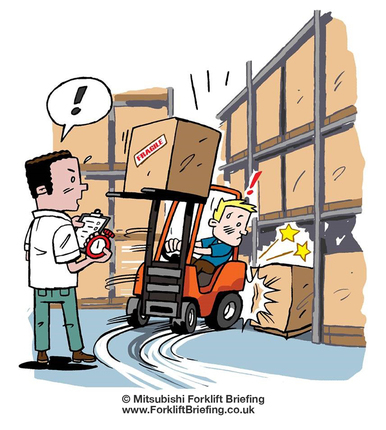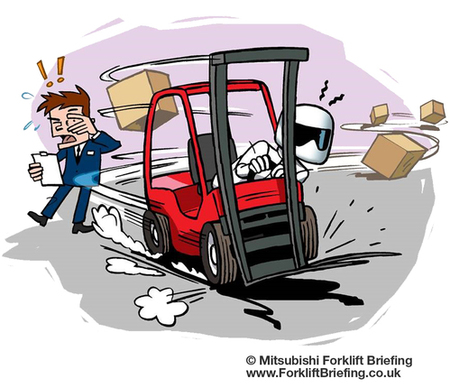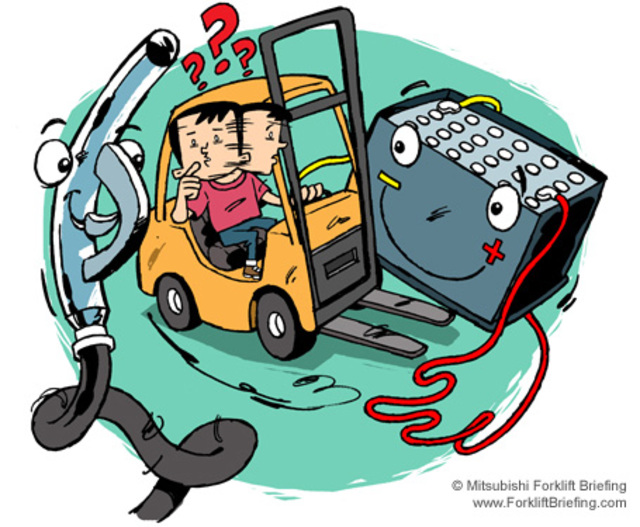
Electric or IC engine: which is right for your site?
Whether you're looking for your first forklift truck or looking to replace an existing truck, choosing the right type can be daunting. And the fact that - as in all industries - the technological, legislative and environmental issues can change doesn't make your decision any easier. What will help, though, is our easy-to-follow guide on whether an electric or an IC truck best serves your purpose.
When deciding between an electric and an IC truck, the key question - which itself raises many more questions - is your application...
The right questions to ask
- What do you need your forklift truck to do throughout its working day? Does your current truck meet all your requirements or have there been changes to your application?
- Will it work indoors, and, if so, is that all the time? If the truck will also work outdoors, then for how long each day?
- Conversely, if the truck will work outdoors for most of the day, will you still need to use it indoors some of the time, and, if so, for how long?
- What are the floor conditions like inside and outside? Do you have smooth floors, uneven floors or potholes? Are the floor conditions dry - or are they wet at any time?
- Will the truck have to climb any gradients? If so, how steep are they and how many times a day will the truck have to climb them?
- How many hours will the truck work? How much of that time will be spent lifting, compared to driving?
- What type of load will you be handling? What are the dimensions of the load and how will it be picked up - by forks or an attachment? Will the load be handled from either side?
- Will the truck work in racking, and, if so, what is the minimum aisle width? You need to measure both racking to racking and pallet face to pallet face, and use whichever measurement is narrowest.
- What is the maximum weight you will be lifting, and to what height? What is the top beam height?
- If you will be block-stacking, which way will you stack the pallets? Remember if the truck is wider then your load you'll need to leave clearance for the truck - and this means you will not be making the best use of the available storage area.
- Will there be pedestrians or people working in the same area as the truck?
- Will goods be coming in and out each day? How will those goods be transported? How will the vehicles be loaded and unloaded - from the side drive, from a loading dock or by driving up a loading ramp? How many times a day will this happen?
Pros and cons
Once you've got your answers to these questions, you can weigh up the following pros and cons of electric and IC trucks:
Electric trucks - pros
- Environmentally friendly
- Quiet in operation
- Fewer moving parts than an IC engine - therefore less maintenance, and lower maintenance and lifetime costs
- Your battery is your fuel for the next five years or more, providing you follow the battery manufacturer's guidelines for charging and maintenance
- There's a small cost to charging your battery overnight; the cost per kW may vary depending on who supplies your electricity
- Electric trucks are usually compact, which makes them manoeuvrable - especially in the case of the three-wheel design
- Less deration of mast at higher lift heights
- Very adaptable: drive, acceleration, lift, tilt and auxiliary speeds can be adapted easily to suit application or driver
Electric trucks - cons
- Generally not suitable for continuous outside use or in wet conditions
- Need good floor conditions
- Need to charge the battery nightly or when necessary
- Need a vented charging area
- High energy use on continuous high lifts and ramp work
IC engine diesel/LPG - pros
- Suitable for continuous outside use
- No charging necessary - therefore the truck is always available even outside of normal working hours
- Can work on uneven surfaces
- Initial lower cost than an electric truck
- Larger capacities available than electric
- LPG can be used in some indoor applications
- LPG has lower emissions than diesel
IC engine diesel/LPG - cons
- Can be noisy
- Higher emissions
- Higher maintenance cost
- Higher fuel prices
- Higher lifetime cost
- Less adaptability than an electric truck
- Need to have a fuel supply
Our conclusion?
Armed with this valuable information on the best type of forklift for your application and business, contact an experienced and helpful local truck dealer. Drawing on their expertise, you can refine your requirements and identify the best vehicle to help your business meet its needs and goals.
- Action points
- Carry out thorough site inspection
- Contact a reputable forklift supplier for advice
